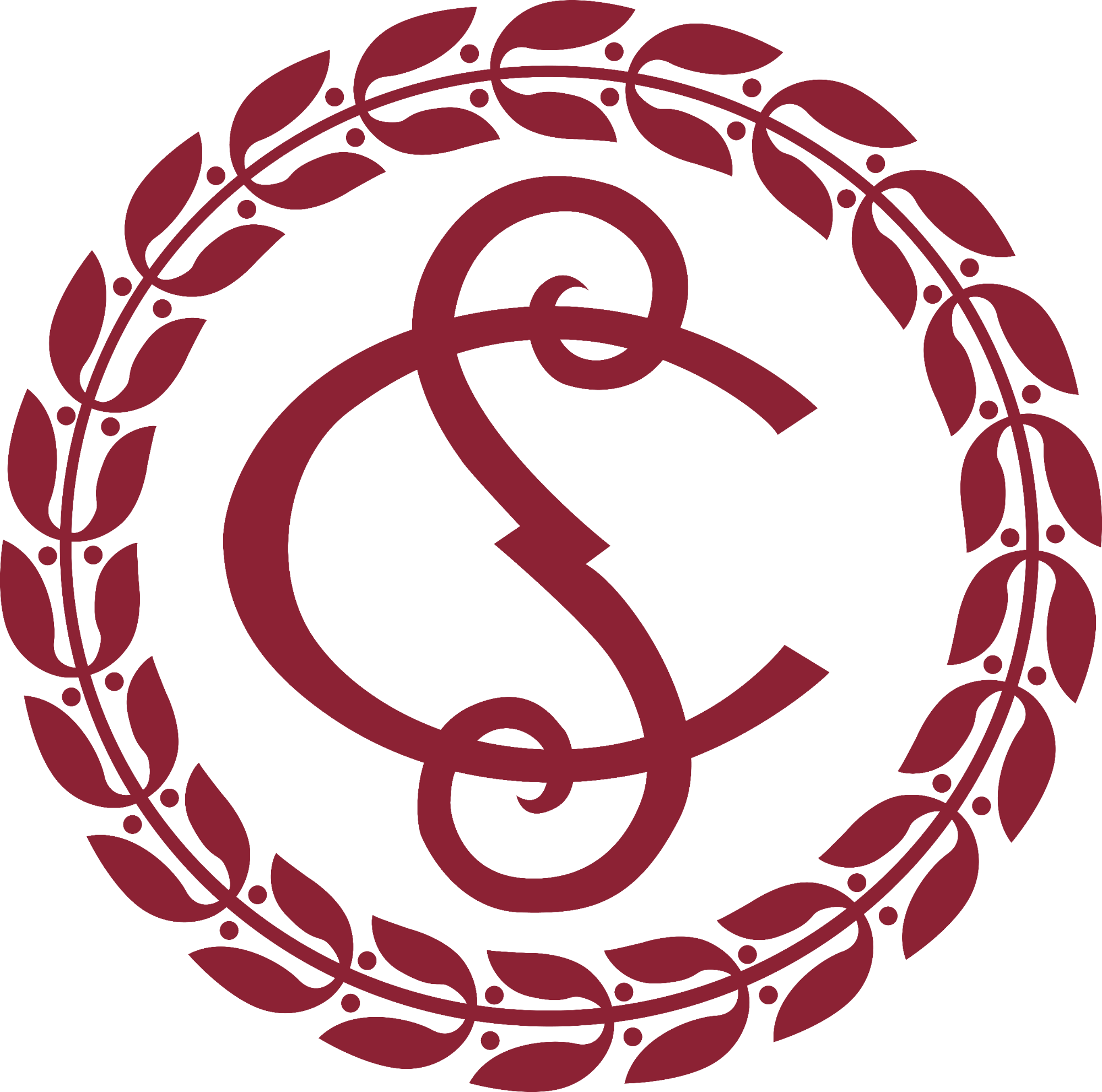Case in Brief
A Case in Brief is a short summary of a written decision of the Court, drafted in plain language. These summaries are prepared by communications staff of the Supreme Court of Canada. They do not form part of the Court’s reasons for judgment and are not for use in legal proceedings.

H.M.B. Holdings Ltd. v. Antigua and Barbuda
Additional information
- See full decision
- Date: November 4, 2021
- Neutral citation: 2021 SCC 44
-
Breakdown of the decision:
- Majority: Chief Justice Wagner dismissed the appeal (Justice Karakatsanis, Rowe and Kasirer agreed)
- Concurring: Justice Côté agreed with Justice Wagner’s analysis under section 3(b) of the REJA and with dismissing the appeal, but in her opinion the REJA applies to derivative judgments as well
- On appeal from the Court of Appeal for Ontario
- Case information (39130)
- Webcast of hearing (39130)
- Lower court rulings:
Case summary
The Supreme Court rules that a foreign judgment against a Caribbean country cannot be enforced in Ontario.
This case deals with the enforcement in Canada of a foreign judgment. Antigua and Barbuda (Antigua) is a country comprised of several islands in the Caribbean. In 2007, Antigua expropriated beachfront property owned by H.M.B. Holdings Limited (H.M.B.), a company incorporated in that country.
In 2014, the court of final appeal for Antigua ordered the government to compensate H.M.B. for the expropriation. In 2016, H.M.B. started legal action in British Columbia to enforce the judgment in that province. At the time of the action, Antigua had no office or premises in British Columbia. However, for the purposes of its Citizenship by Investment program, Antigua did have contracts with four authorized representatives with their own businesses, premises and employees in British Columbia.
Antigua did not respond to the legal action, and a judgment by default was registered against it in British Columbia’s Supreme Court. Shortly thereafter, H.M.B. applied to have the British Columbia judgment registered in Ontario, so that it could be enforced there. Ontario’s Reciprocal Enforcement of Judgments Act (REJA) allows a judgment from another province or territory to be registered for enforcement in Ontario.
Antigua objected to H.M.B.’s application on the basis of two sections of the REJA. Section 3(b) states that an entity must be “carrying on business” in the jurisdiction where the judgment was rendered. Section 3(g) states that a judgment can only be registered in Ontario if the opposing party would have a good defense if ever the original judgment were challenged.
The Ontario Superior Court of Justice decided the British Columbia judgment could not be registered in Ontario. H.M.B. appealed to the Ontario Court of Appeal, which found that the British Columbia judgment could not be registered, because of section 3(b) of the REJA only. H.M.B. then appealed to the Supreme Court of Canada.
The Supreme Court has sided with Antigua.
Antigua was not “carrying on business” in British Columbia where the judgment was rendered, so the judgment could not be registered for enforcement in Ontario.
Writing for a majority of the judges, Chief Justice Wagner said section 3(b) of the REJA bars H.M.B. from registering the British Columbia judgment in Ontario, because Antigua was not “carrying on business” in British Columbia. In light of this finding, the majority concluded that it was unnecessary to consider whether section 3(g) also bars H.M.B. from registering the judgment under the REJA.
What does “carrying on business” mean?
The majority explained that to determine whether a company is carrying on business in a jurisdiction, the court must decide whether the company has some direct or indirect presence there, accompanied by a degree of business activity that is sustained for a period of time. Whether or not a company is carrying on business is a question of fact.
What is the purpose of the REJA?
The REJA allows a person who has obtained a judgment in another jurisdiction to apply to register the judgment in Ontario. A judgment registered under the REJA is treated as if the judgment was originally issued by an Ontario court. This law is considered an easy, economical and quick means of enforcing foreign judgments.
